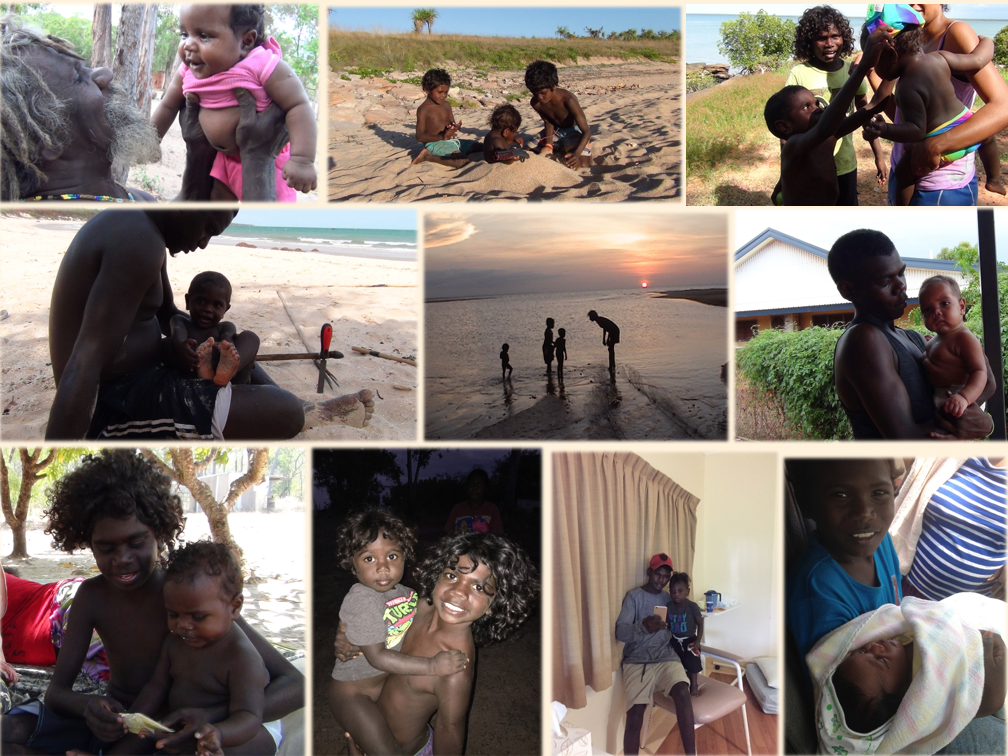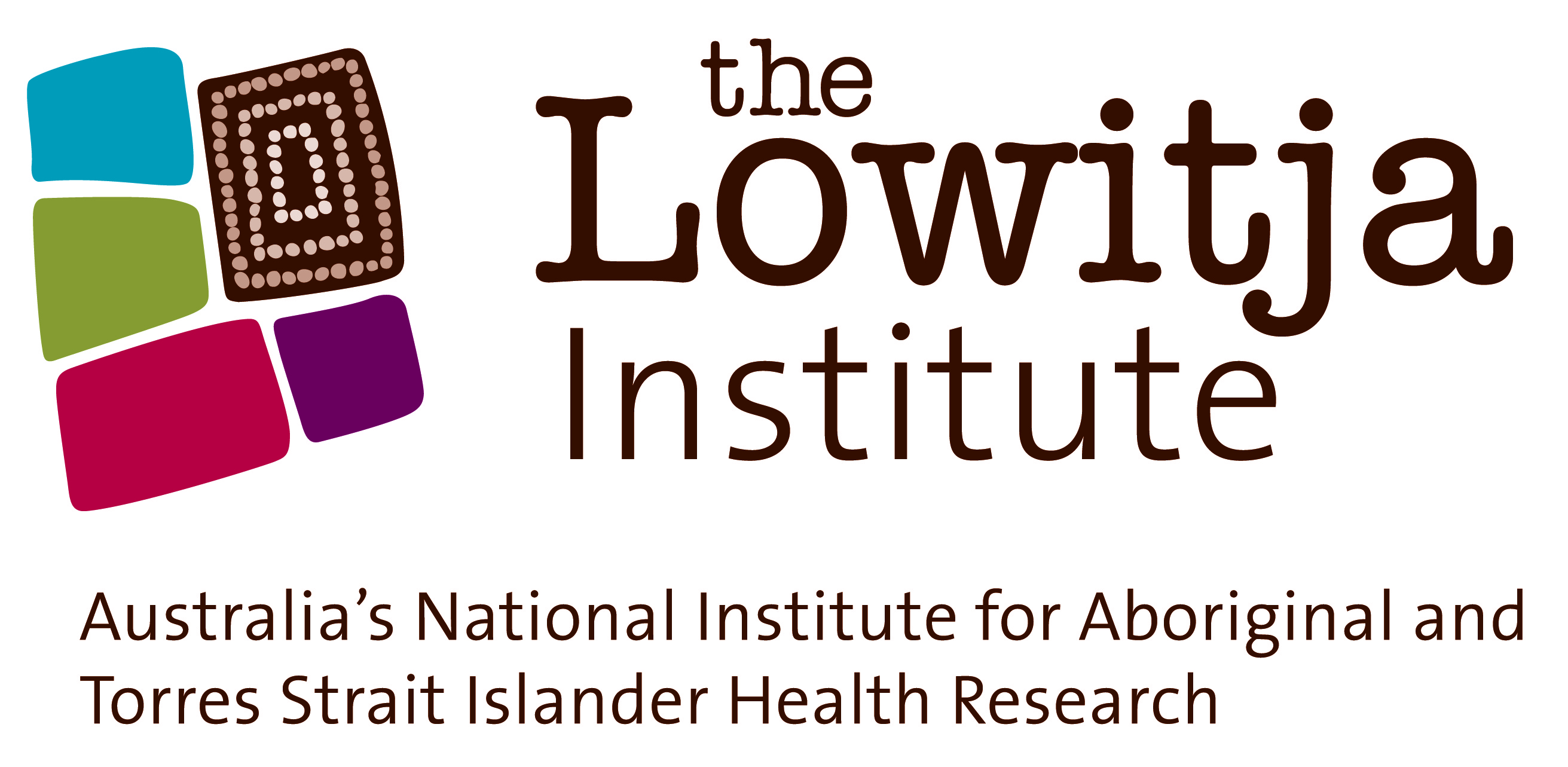Men, boys and babies
The deep involvement of boys and men of all ages in nurturing Yolŋu children is often not recognised by those outside the community. Approaches to supporting early child development that only involve women do not reflect the significant role of boys and men in the early years of life.
In infancy, older boys in the family often talk to the child, hold them and encourage them to learn about what is going on around them. As the child gets older, the father and other older men in the family take on increasing responsibility for teaching the child cultural knowledge and skills as Gudjuk's mother explains:
Father teaches them how to make spear, how to catch fish, stingray, turtle…. he makes spears and they come and sit with him. Also he has to give discipline to them, raypirri (rules about behaviour and respect)…like not to overcome the grandmother and grandfather… not swearing…every time he tells his story when he gives him a bath, he tells Gudjuk that he doesn’t swear when he was his age… making him sleep, telling him stories from the past.
In the Yolŋu system the child's clan and language follows the father's line: supporting the child to learn their own language as well as other languages to which the child is connected is also part of a father's role as Gutjan's (aged 12 months) father explains:
...first of all I talk to her in my own language so she can learn that language - how to speak the way I’m talking... Second, I talk to her in her Märi’s (maternal grandmother's) language so she can learn about her foundation and language. When we talk in that language it encourages her to learn Märi’s language, the child herself.
There are many examples of boys and men teaching and caring for babies and young children in the videos on this website - just a few of these are illustrated in the photos and videos below.

MORE EXAMPLES TO BE ADDED SOON.



